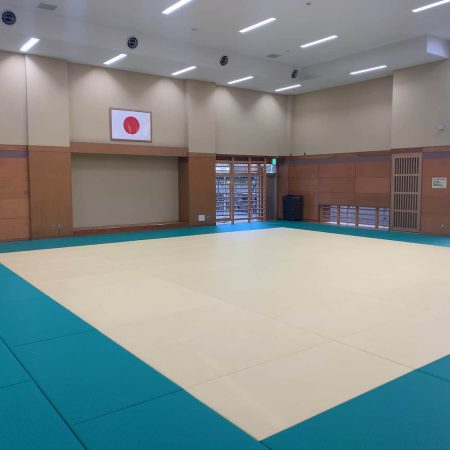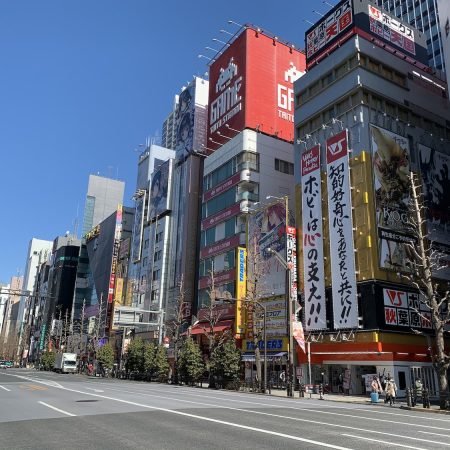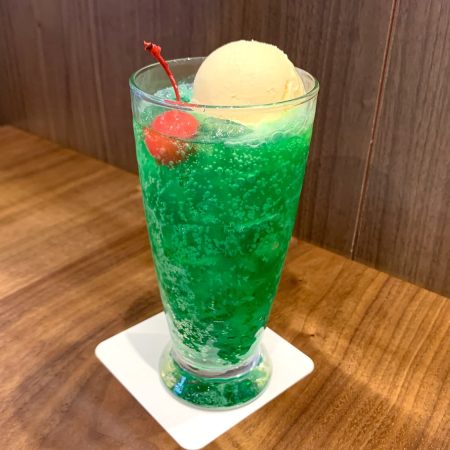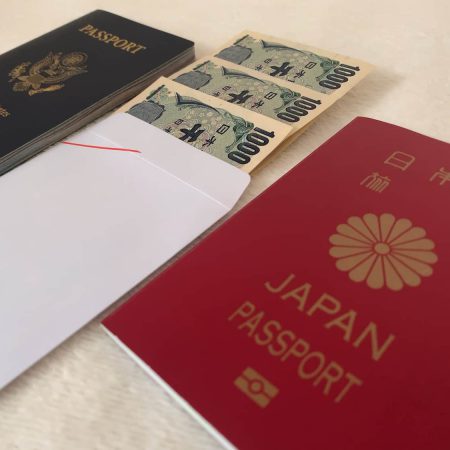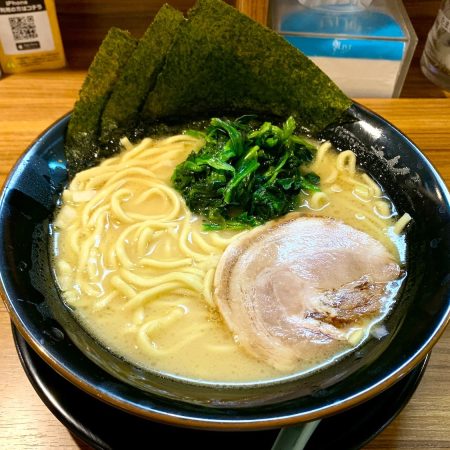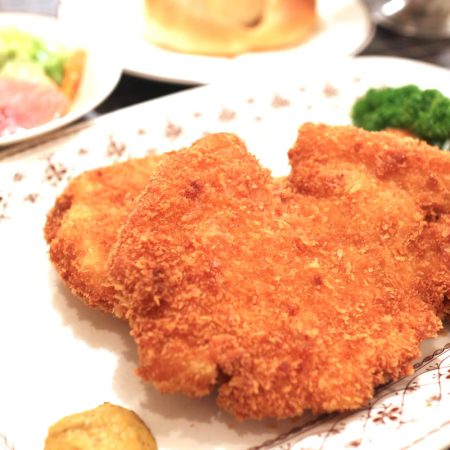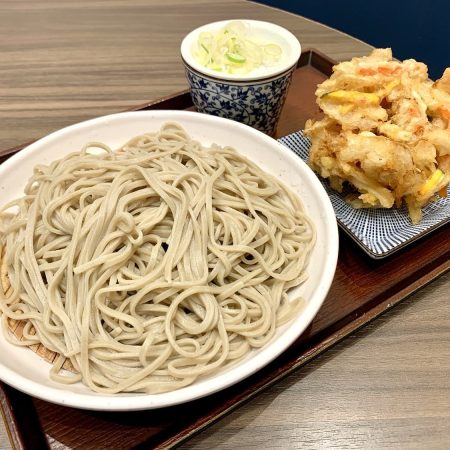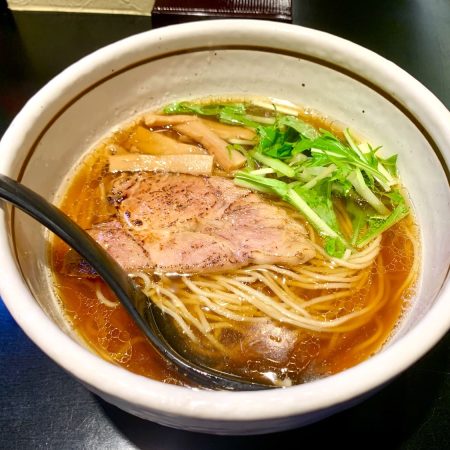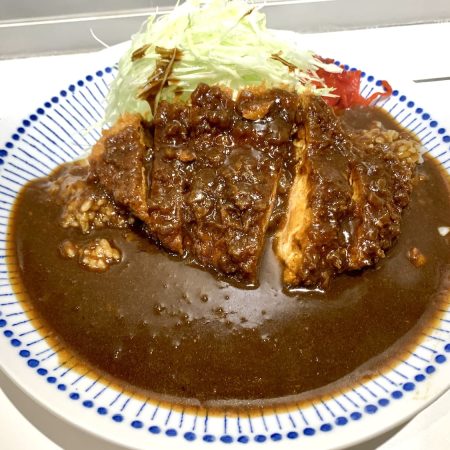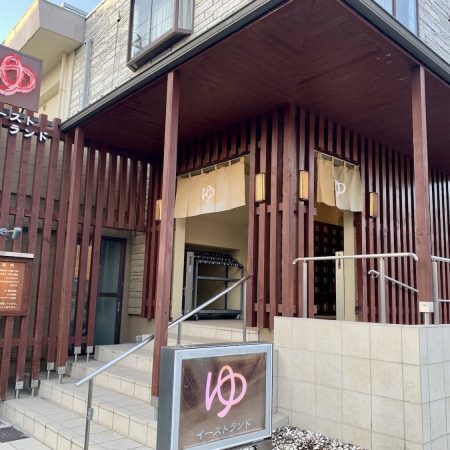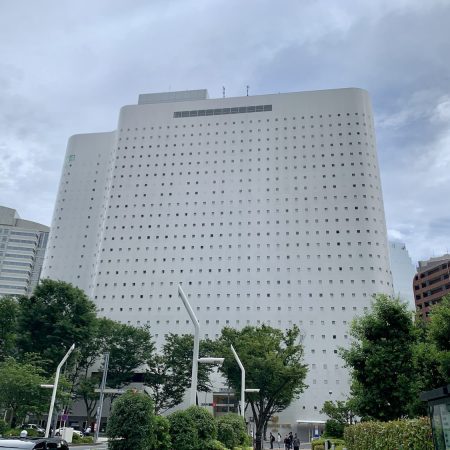In Japan, the practice of wearing face masks is not only prevalent, but also done voluntarily. Even before the COVID-19 pandemic, the use of face masks was commonplace in Japanese culture.
One theory suggests that the practice can be traced back to the early Meiji period (1868-1912), where they were initially used to protect against dust during labor. The popularity of face masks increased during the Spanish flu pandemic of 1918, as they were worn to impede the spread of infection. Subsequently, the use of face masks became a staple in daily life, serving to protect against dust and colds, especially during hay fever season.
However, in recent years, facial coverings have also become a fashionable accessory, particularly among the younger generation. The fact that brightly colored masks sell well indicates that face masks have transcended their medical purpose and have begun to possess elements of everyday fashion.
In Japanese culture, there is a sense of beauty in hiding one’s face and not overtly displaying emotions.


